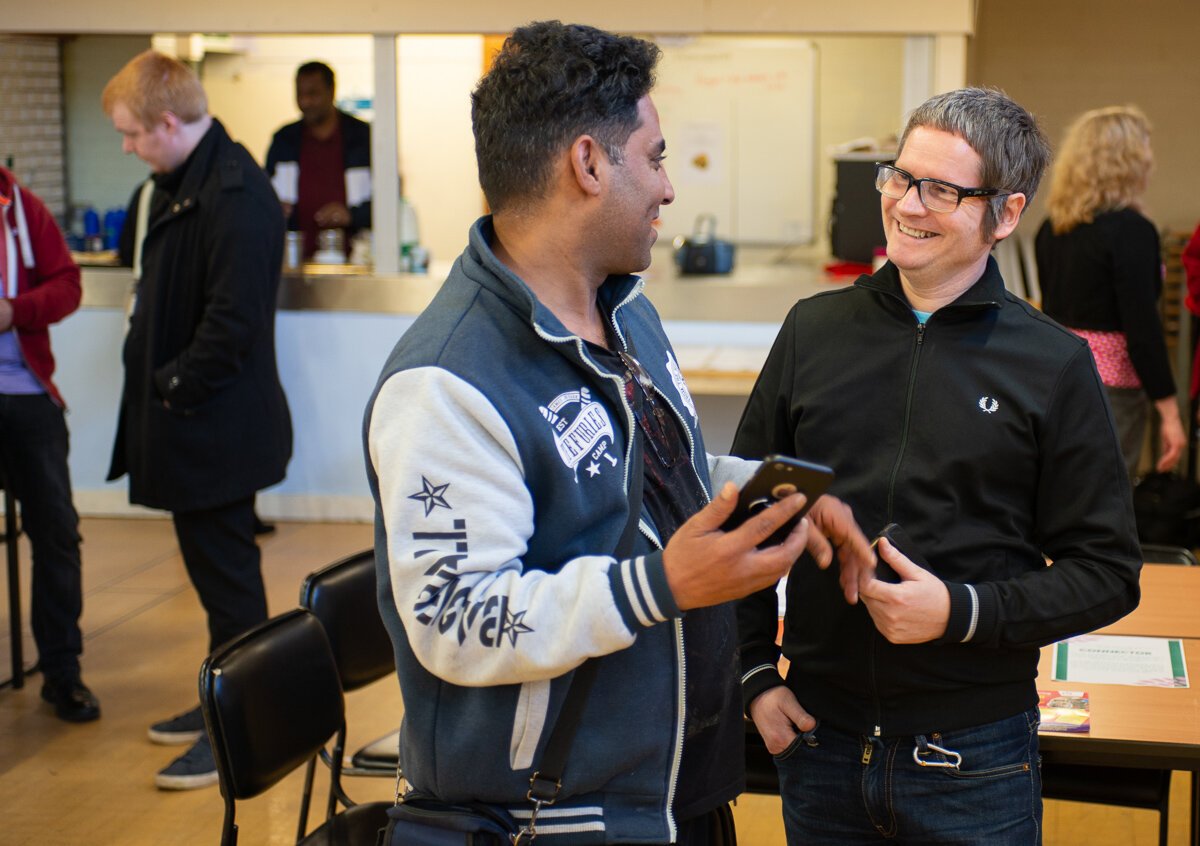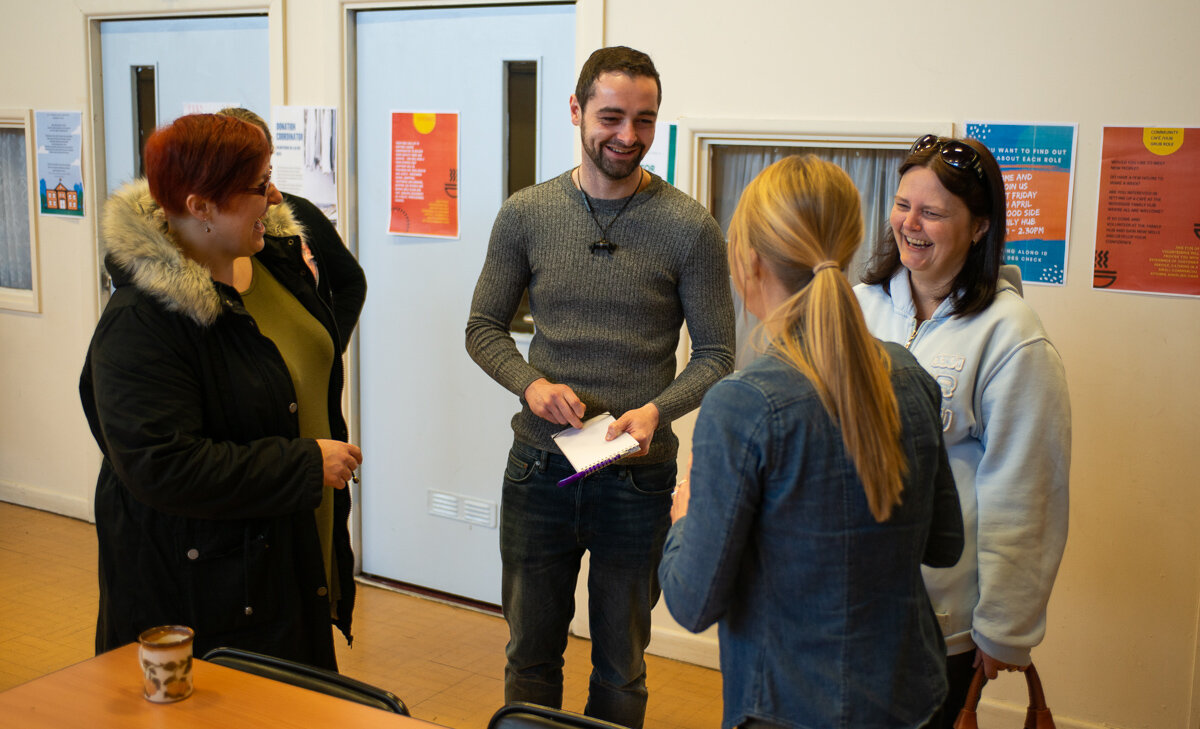It's not about having the answers it's about learning to ask the right questions
In the first of a new series of blogs, Emma Bates and Clare Wightman from Ignite share their advice for funders of this kind of work.
Mapping local strengths at the Hagard Centre in Willenhall, Coventry
Ignite has been a unique blend of two very different interventions –
a community focused one seeing answers to problems in networks of healthy relationships and connections as well as stimulating the agency of local people to come together for mutual help and support in groups.
And an advice approach that wanted to not just correct every day law related problems but to transfer capability to resolve those issues if they happened again – to change knowledge and behaviour
That combined approach has been placed for the last 4 years inside two service systems – children’s and housing management in one Coventry neighbourhood - as a catalyser of wider systems change.
Right now in our final six months we’re translating Ignite into system wide action via a plan being implemented across all family hubs
Looking back, if we had to nail some key messages for funders of work like this they would be:
Be flexible. For this work it was important not to deliver to a proposal but to respond to the constantly changing context and to what we were learning. We were free to follow ideas and threads of energy and land in a place with people we could explore Early Action.
Persistence pays off – in terms of a churning context – the churn can churn back in your favour – but real resilience is needed over a 5 year time frame.
Voluntary sector led system change?
Runs the risk of being peripheral to the wider system. We wonder if sharing grant monies inside the public sector system would have enhanced their stake and their shared accountability back to the funder? That might have mitigated the effect on us of a churning context too. On the other hand, it gave us a unique lens. Unlike the public sector system, we were able to encounter people in a different way. We were not trying to determine our statutory duty or responsibility and that meant we could work out what was required to solve the problem at individual and system level.
One big take away
For all the work we’ve done, the personalities and relationships are the most significant factor in if something lands and when.
And finally… what do we know now about Early Action that we didn’t before? Poverty and inequality are at the root of the problems experienced by people children’s early help services are trying to help. We can’t provide one without tackling the other.
You can find more learning like this in our latest output from the evaluation - a briefing for funders.


